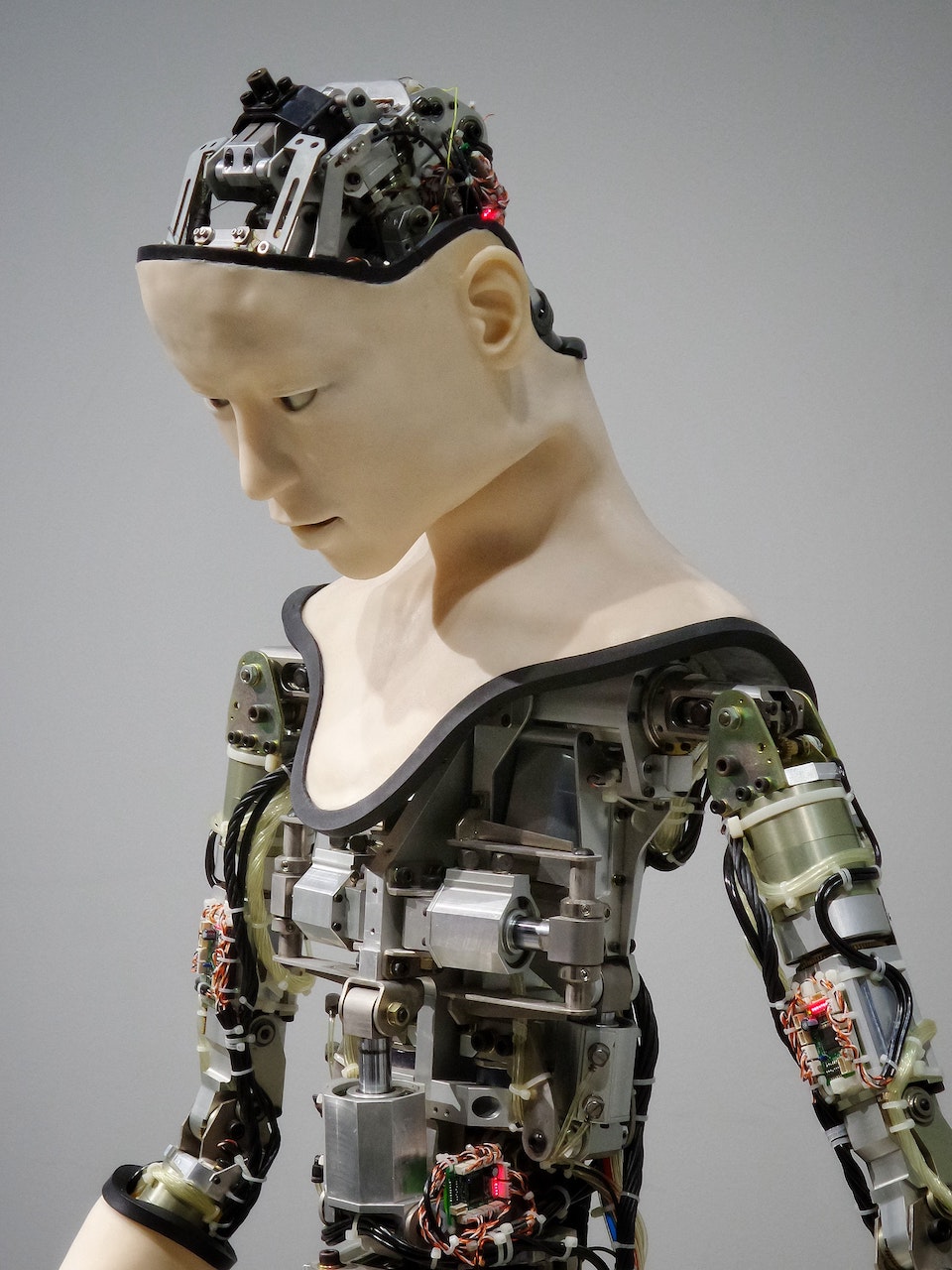As the roller coaster of Covid continues with now newly spiking numbers (thanks, Florida…), it is a time for reflection on the re-integration into school, again disrupted by the pandemic. While it is now widely accepted that Social Emotion Learning (SEL) is critical to life successes, few seem to know what to do with this truth. Many school districts have plans in place to assess students based on their SEL, so-called “nonacademic indicators.” Leave it to bureaucracy to turn emotions into red tape…
As Laura Hamilton cautions in an excellent essay on the subject, hastily applying these measures to instruct institutional decision-making, while well-intentioned, will likely be a mess. Measuring these “soft skills” has always proved slippery, given their somewhat subjective nature. What determines if a person is “happy” in their future life. “Happiness” in some studies has been equated in future outcomes to staying out of jail or holding down a job. As one can readily see, these metrics are incomplete at best.
Here’s a radical idea: let’s leave the surveys out of it. Let’s stop wasting valuable resources on assessing who is depressed or anxious and simply assume that basically all kids are in some form or fashion. Have some ridden through this pandemic scott-free? I suppose, but would we rather risk providing SEL skill development to a slim minority who don’t necessarily need it, or leaving a large majority of the teenage population floundering in psychological struggle?
Let’s take an example: one soft skill that widely accepted as an SEL is ‘developing a positive self image.’ I think we can all agree that’s kind of important for leaving a successful and satisfied life. Now which resource in skills is devoted to that skill? Um… teachers, I guess, and guidance counselors perhaps, maybe coaches? Certainly therapists, but only if they have them. In other words, if they get training in this skill, it’s by coincidence that they ran into someone, probably a good teacher, who knew that it was important. But there’s no formal structure, no institutional attempt at it really. And there could be. Focused classes that through cooperative exercises in small groups aimed at doing just that.
They are needed in the next six months more than ever. Not hastily built surveys and metrics led primarily by budgetary concerns. That’s the cart leading the horse. Let’s initiate these programs. The problem is clear. Students who have been in isolation feel isolated! It’s no shock. They will have social deficits, they haven’t been in society. To me that’s the best way to catch up a generation that is now behind in what has been proven to be the most important set of skills in countless studies.






